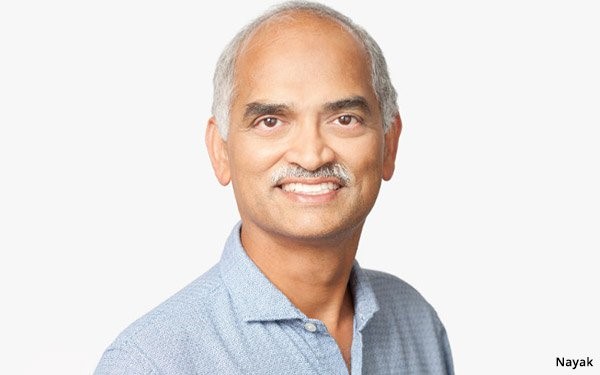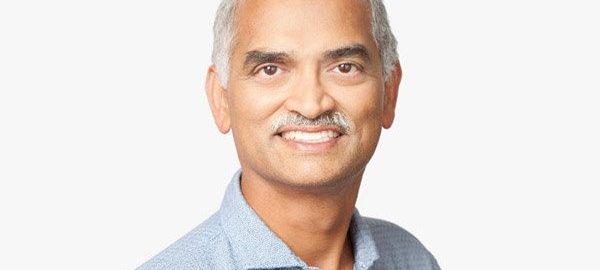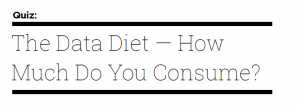Google Ranking And Indexing Become Focus Of Search Trial

Pandu Nayak, a vice president for search at Google, testified Wednesday about Google’s efforts to index the web, eliminate irrelevant pages and rank websites in order to answer user queries from sources that are E-A-T — otherwise known as expertise, authoritative, and trustworthiness.
Nayak took the stand in the U.S. antitrust trial to detail the extensive efforts Google puts into ensuring search quality. The U.S. government filed a federal court lawsuit in 2020 alleging that private deals between OEMs and Apple were intended by Google to deny rivals access to search queries and clicks. This would help Google keep its market dominance.
Analyst firm Insider Intelligence expects that in 2023, Google will remain the dominant player in worldwide search ad revenue with $140.97 billion. That equates to 57.4% of the global search ad market. Some put Google’s market share of search without advertising, known as organic, at 90%.
Worldwide, Insider Intelligence expects Google to generate $170.87 billion in net digital ad revenue in 2023, up 6.5% compared with last year. That gives it a 28.4% share of the worldwide digital ad market. Meta is second with 20.1% share.
Throughout the U.S. trial, Google has countered arguments about payments — billions of dollars annually — to Apple and smartphone makers to keep Google the default search engine.
Google’s counter statement focused on how high-quality search results have played a crucial role in customer demand. Nayak also helped to explain how the prominent placement on phones and tablets makes a difference, not just for the advertisers, but for the user using the product.
Nayak said Google’s results are much higher quality than Microsoft’s search engine Bing, but the most interesting point made by Reuters points to how Google has begun comparing itself to the video-sharing app TikTok.
Alphabet and Google CEO Sundar Pichai said at a Vox Media’s Code Conference in Beverly Hills, California in 2022 that his company — which also owns YouTube — has real competition. When asked to cite the name of that company, it wasn’t Bing or Yahoo or any other search engines.
“Competition comes from nowhere,” said Pichai. “You know, none of us were talking about TikTok three years ago.”
TikTok, a short-form video platform, has skyrocketed to success to become one of marketing’s most popular apps. That is despite the U.S. government and individual states banning the app on federal and state phones.
Last month, TikTok began testing Google results in search pages. The company began testing display links. The company ran a disclaimer that it “does not endorse or take responsibility for search results from Google.”
This is reminiscent of the days when Twitter, now X, required a “firehose” to share all its tweets with Google and have them serve up in search results.
An initial deal to serve Twitter tweets in real-time in Google search results began in 2009 and lasted to mid-July 2012. This was halted for a short time and returned a couple of years later.
Search rankings also rely, in part, on RankBrain, part of Google’s core algorithm that uses machine learning to determine the most relevant results to search engine queries. When Google launched RankBrain in 2015, it was the first deep learning system deployed in Search.
Moz explains Pre-RankBrain as a way for Google to use “its basic algorithm to determine which results to show for a given query.”
Now there’s Post-RankBrain. It’s “believed that the query now goes through an interpretation model that can apply possible factors like the location of the searcher, personalization, and the words of the query to determine the searcher’s true intent,” according to Moz. By determining the true intent, Google can serve more relevant results.
(2)






